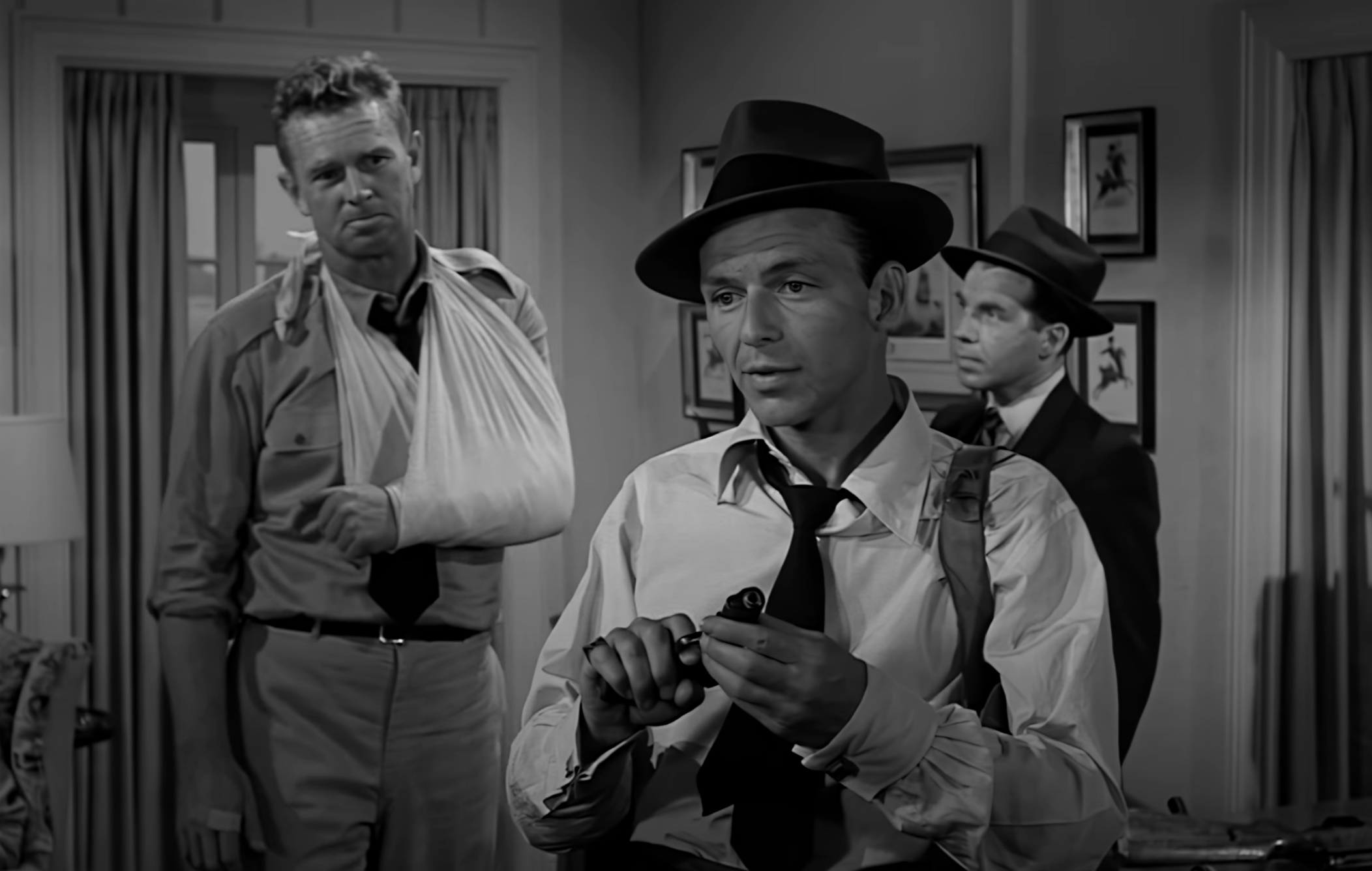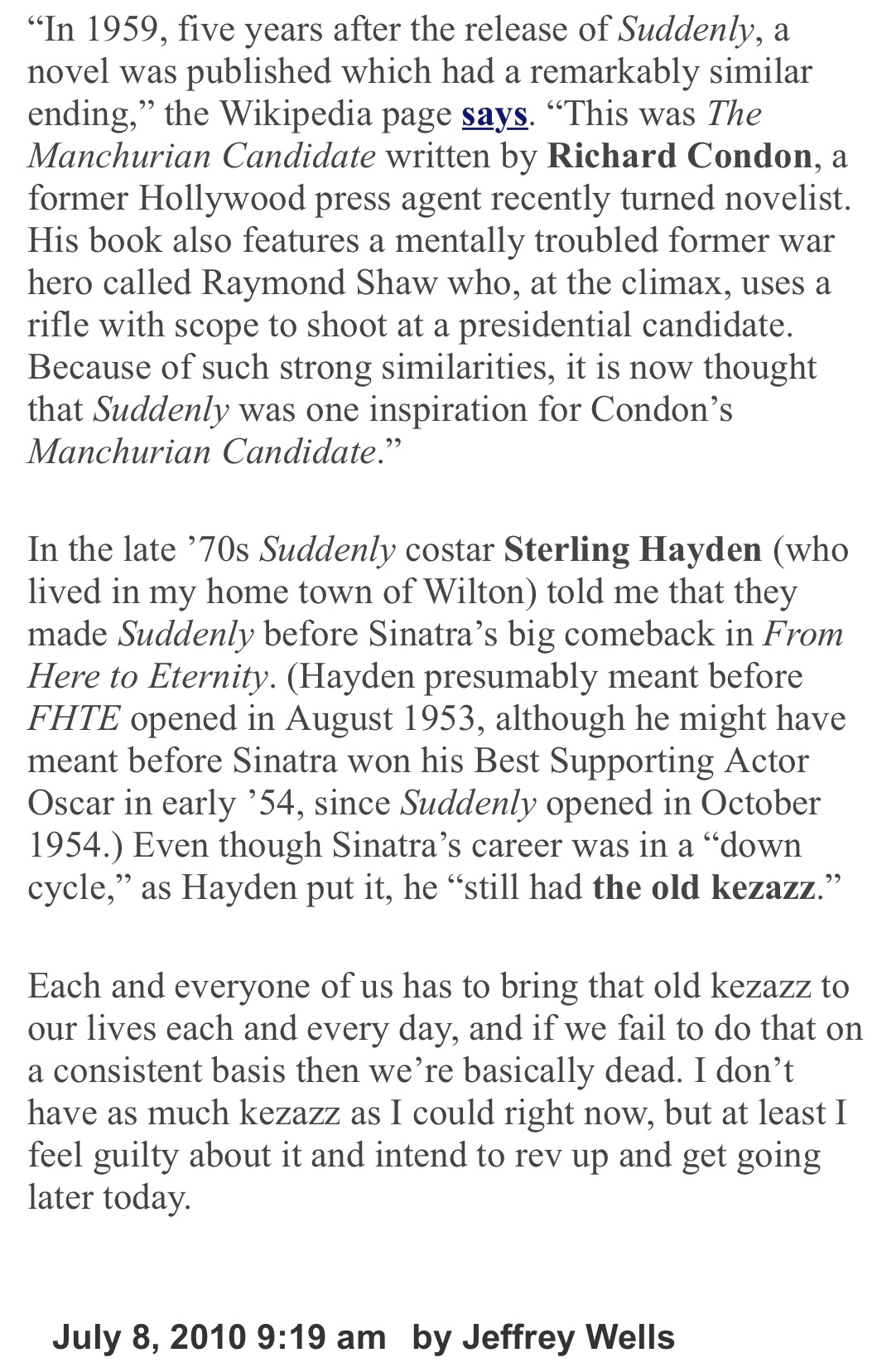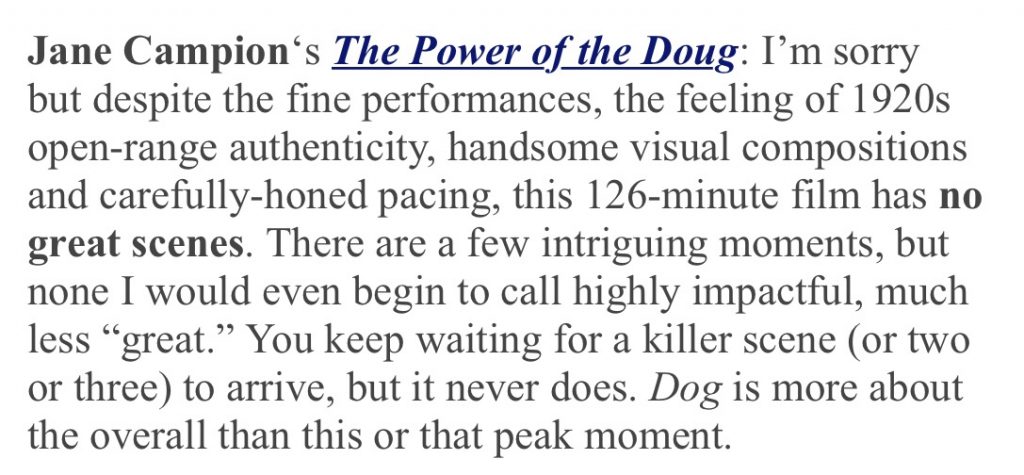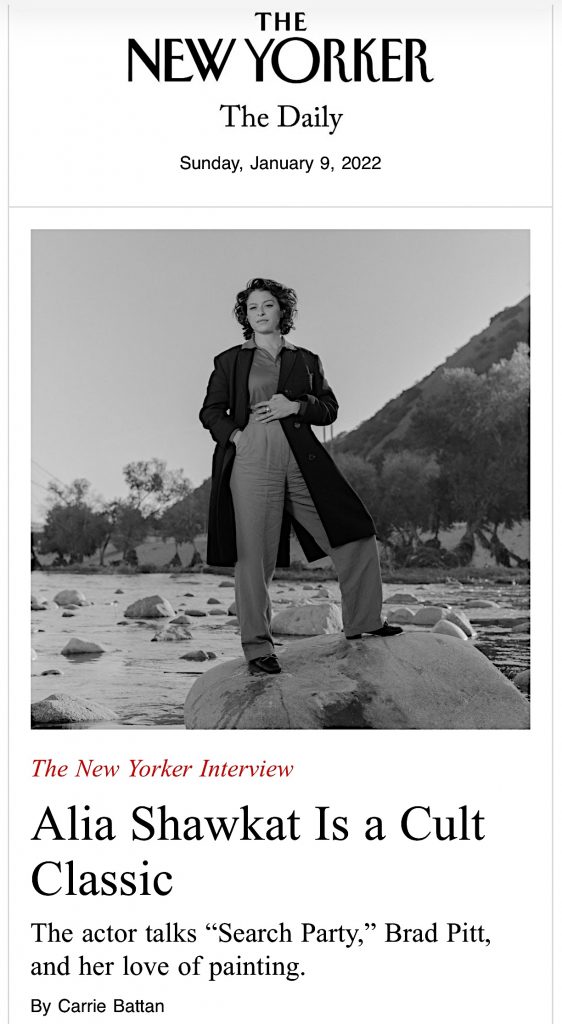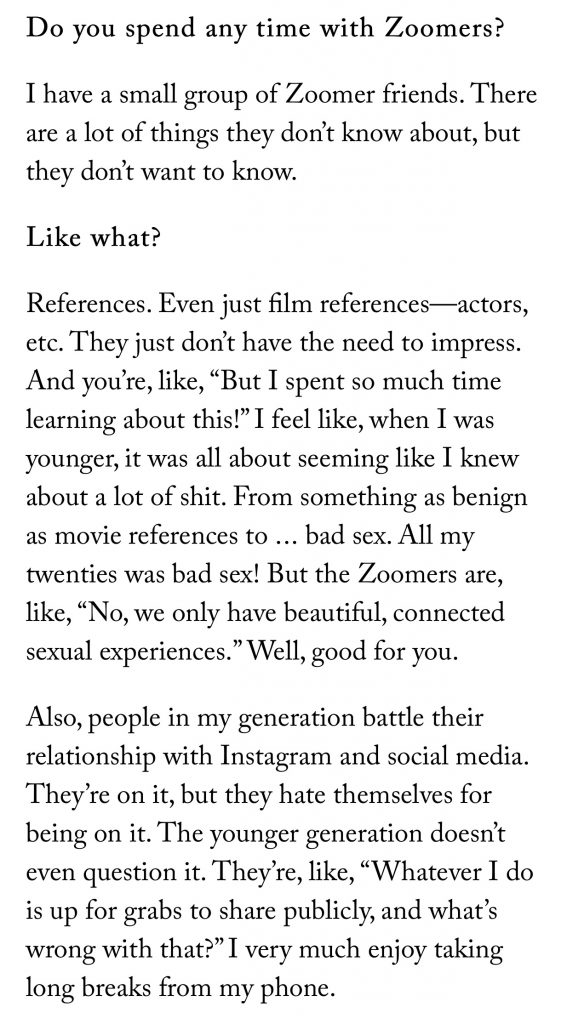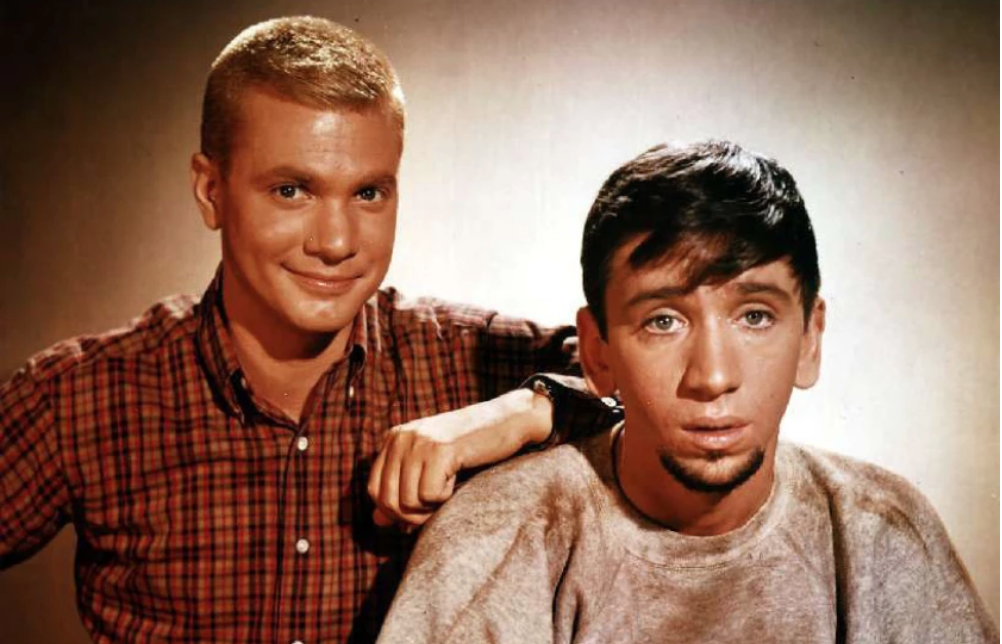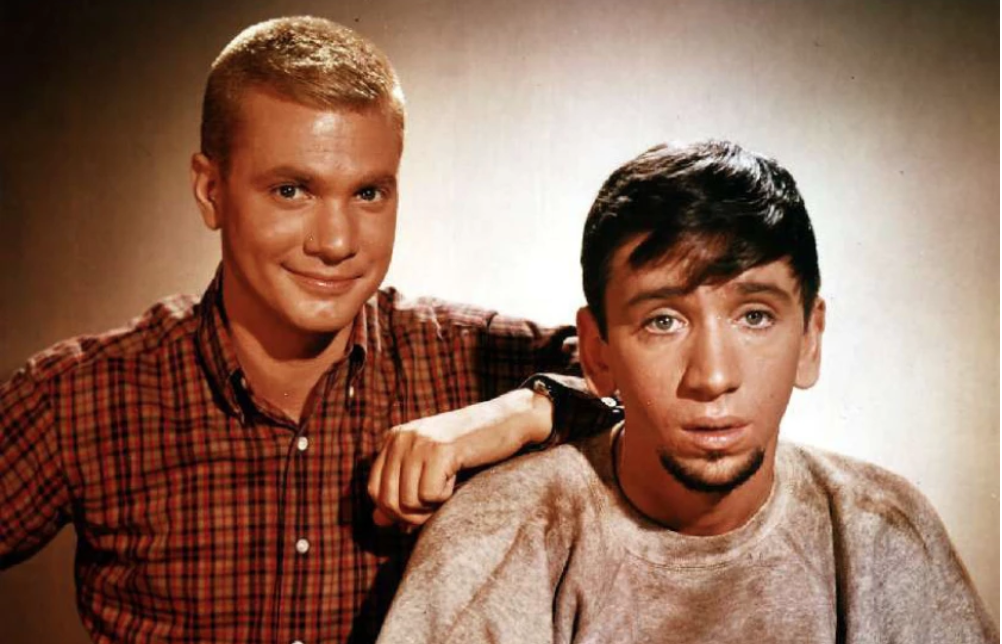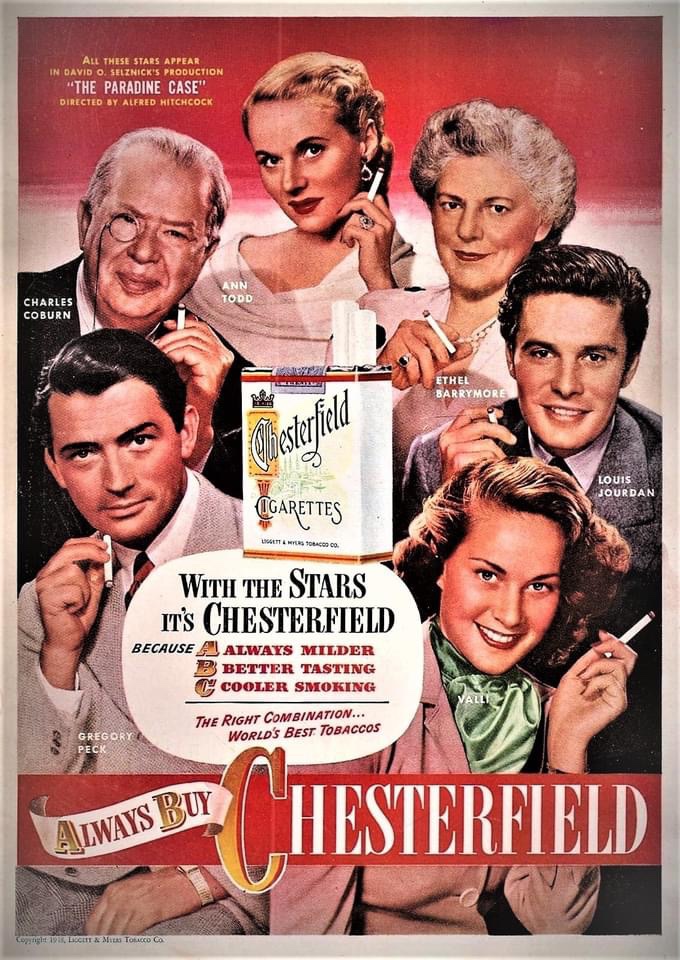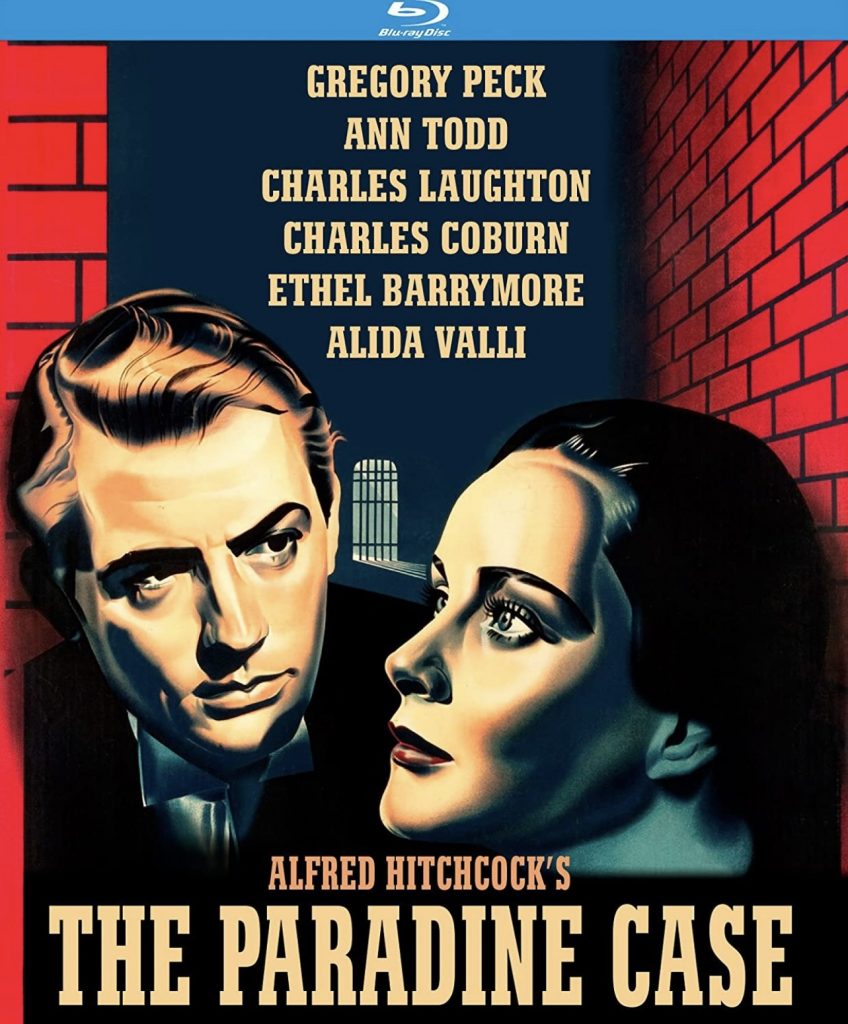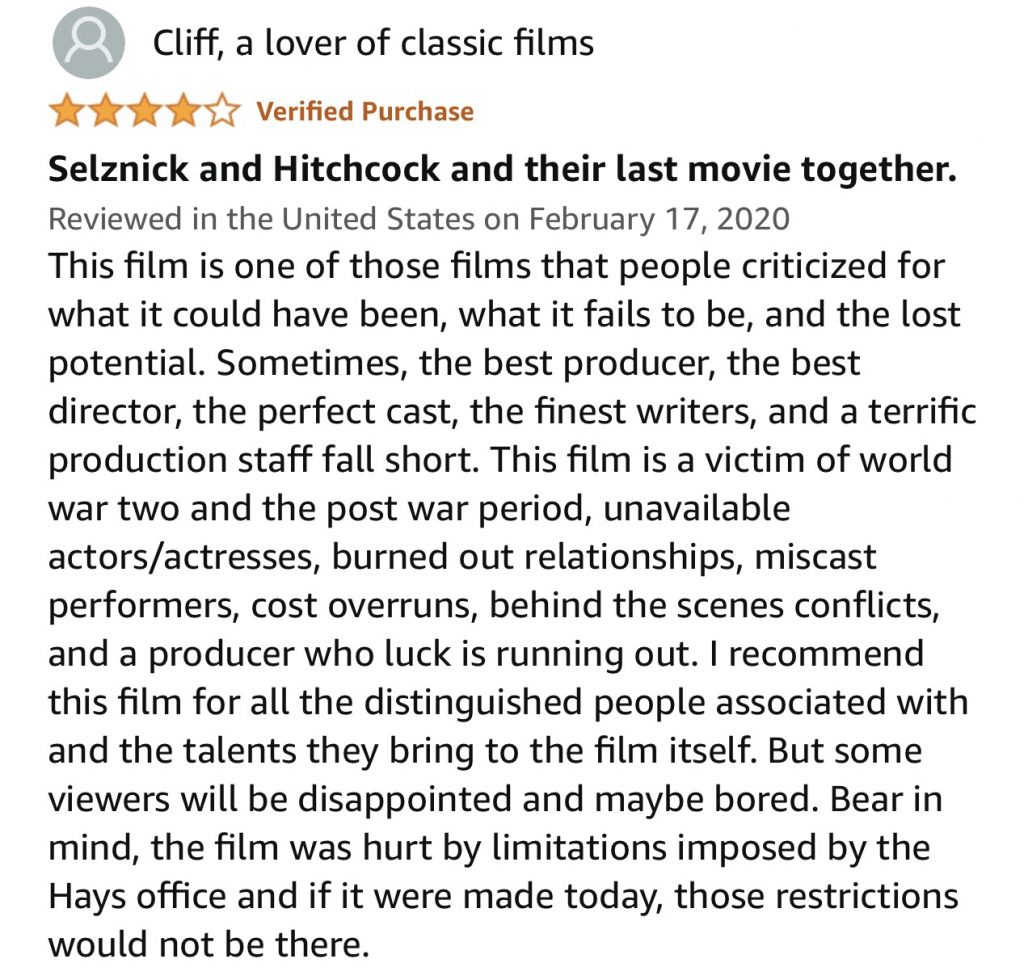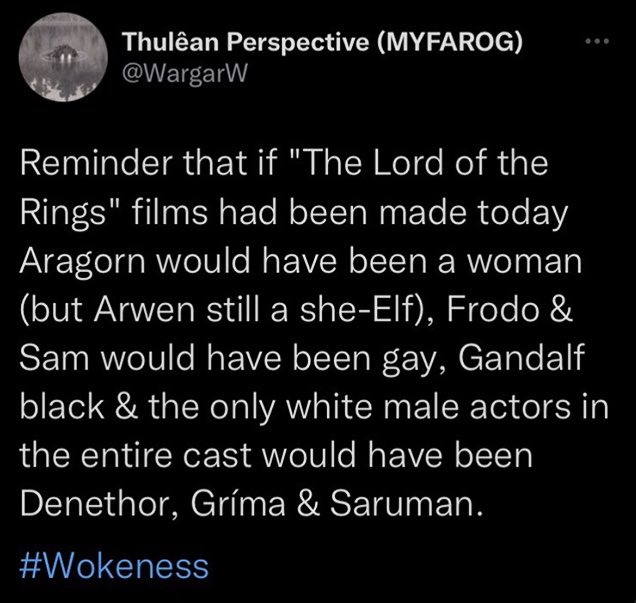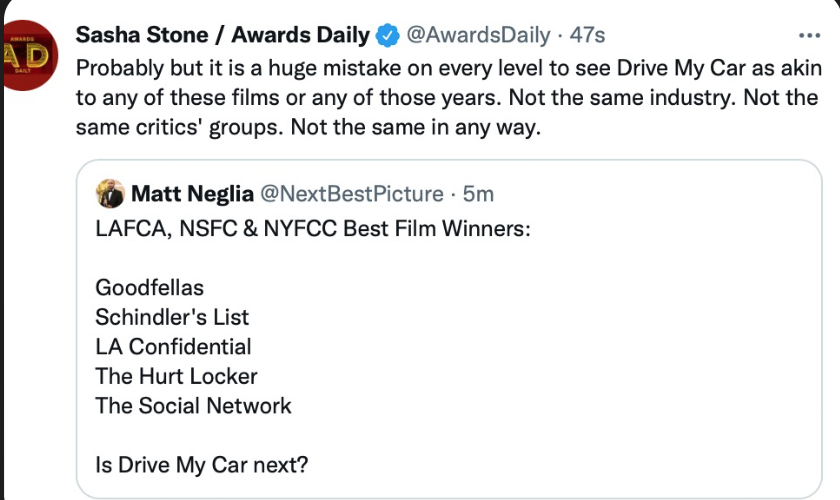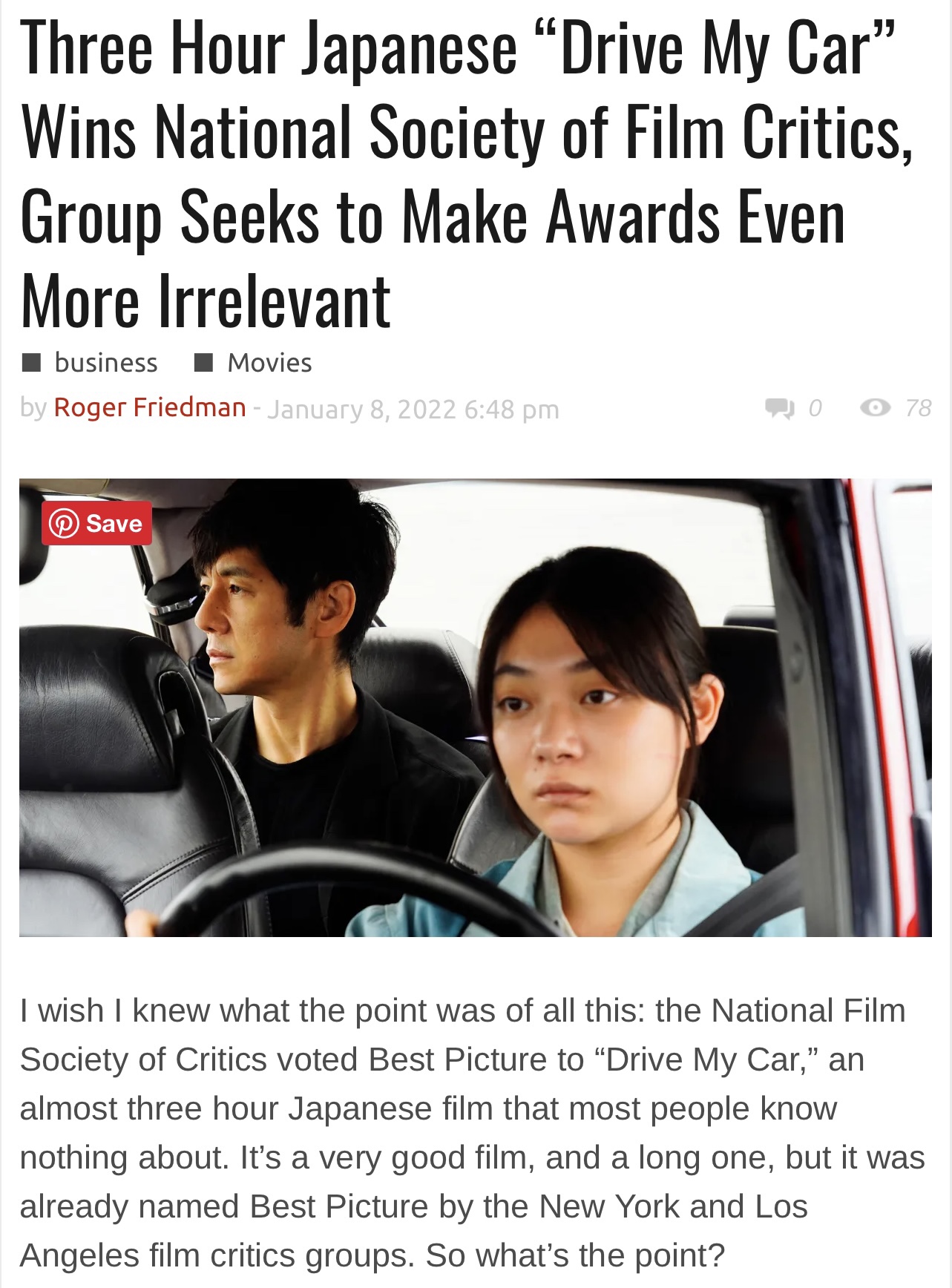I’m not saying that exploratory, real-world, adult-level filmmaking has disappeared altogether. It pops up on rare occasions — Parallel Mothers, King Richard, The Lost Daughter, Drive My Car, The Worst Person in the World, Riders of Justice, Zola, Licorice Pizza, The Card Counter. It just seems that so many films are woke instructionals — movies that seek to educate audiences about how things shouldn’t be and where our brave and gleaming future lies, and how things should have been in the past (i.e., presentism).
Woke Stalinism hasn’t entirely taken over the streaming narrative art form (i.e., movies), but it’s certainly changed the game. The basic idea is to instruct the general population how to think and behave. It’s 1930s social realism with a 21st Century spin. Movies are no longer for the most part about entertainment or transportation or soul-massaging — they’re about lessons from the comintern.
The Power of the Dog instructs all macho stinky gay guys to own their lives and bodies and not devote themselves to making the lives of others so miserable. The Tender Bar instructs us to disregard the fact that young lads who resemble a Jordanian version of a tweener Omar Sharif can easily and naturally grow up to look like Tye Sheridan, or at least that it’s more important to pretend this could happen than to acknowledge biological reality. (While concurrently instructing all film critics to not even mention this aspect of the film, if they know what’s good for them.) Belfast tells us to smile and bask in the warmth of the family unit and the joys of puppy love and karaoke-style singing. (And not so much about “the troubles”, especially considering that Kenneth Branagh‘s childhood family members are Protestant and therefore somewhat loyal to the British.) The found footage of Summer of Soul instructs us to celebrate African-American culture and the joy of great thumpin’ and crankin’ and wailin’ (including the sounds of the legendary Sly and the Family Stone), and to remind industry and press veterans that if they fail to nominate Summer of Soul for Best Documentary then they might be racists, and might therefore have to face appropriate penalties for same.
Posted on 3.22.21: “The bottom line is that the erratic pursuit of sweeping, penetrating, soul-touching art (a rare achievement but one that has occasionally manifested over the decades) has been more or less called off, it seems, because such films or aspirations, in the view of certain #MeToo and multi-cultural progressives, don’t serve the current woke-political narrative.
“There is, in fact, a historical precedent for what’s going on right now, and it’s nicely recounted on page 30 and 31 of Tom Wolfe‘s “The Painted Word“. Because what happened in the modern art world in the 1930s — i.e, the dominance of “social realism” — precisely mirrors what’s going on today.
“For upscale, sensitive-person, social-reflection dramas have fallen under the influence of a new form of ’30s social realism and, it could certainly be argued, are being used to illustrate and argue against social ills that wokesters regard as evil and diseased. The result has been a new form of enlightened propaganda cinema.”
Friendo: “Yellowstone shocked everyone when it turned out to be a huge hit, even though it’s basically hardcore macho men and sexy women. Which is something you never get from movies these days. Everything has been muted, feminized, Stalinized. Putting a female in the lead of a movie like the most recent Terminator…who gives a shit? Wokesters have just spun things out with no real sense of who they are — it’s just ‘knock down the next thing.’ But what they’ve done to film art is crushing, just crushing.”
Jordan Ruimy: “I read your ‘wokeness has taken over American film’ piece (we’ve been saying this since Moonlight / Get Out**). It’s honestly a great reason to just full-on embrace European cinema. They don’t have much wokeness. Cannes and Venice, brah. Very soon our yearly top ten lists will be 90% Euro cinema.”
** HE adds: “And the kowtowing tyranny of Bob Strauss-style critics.”

